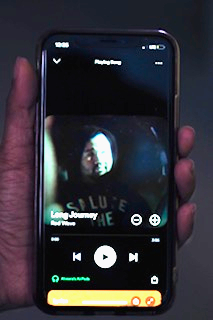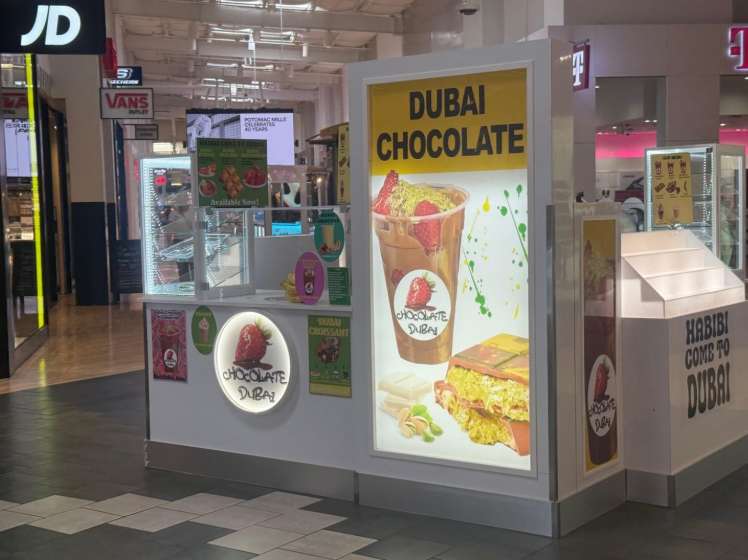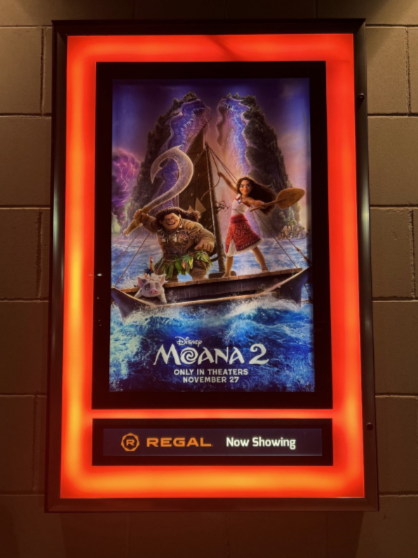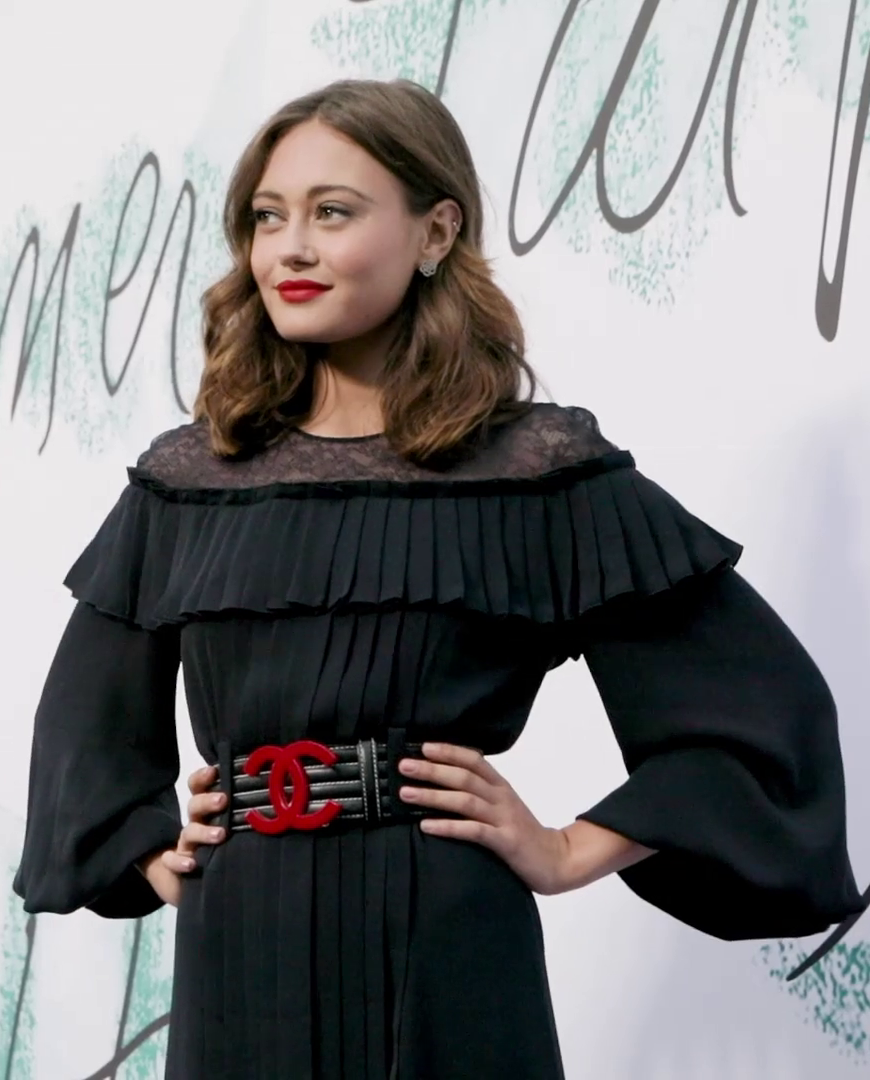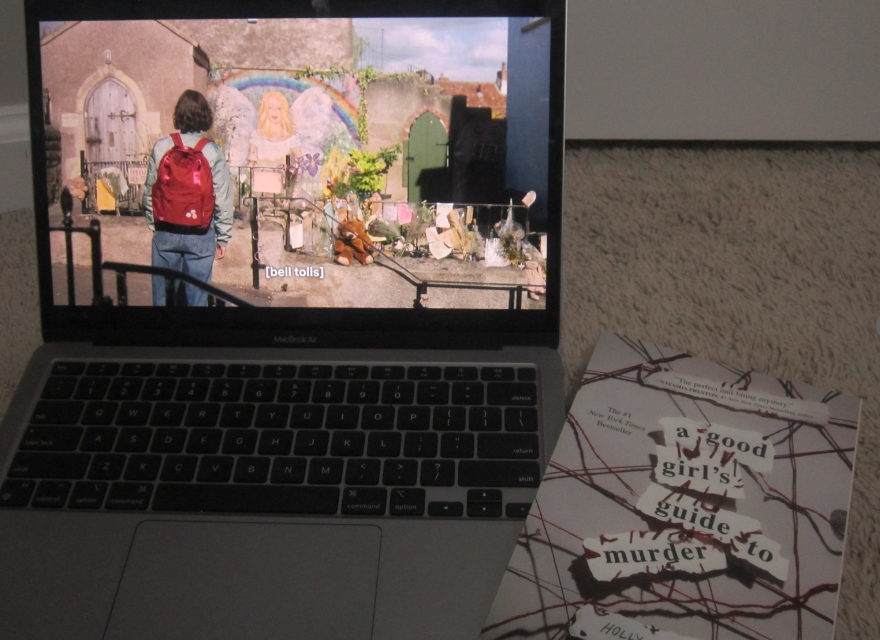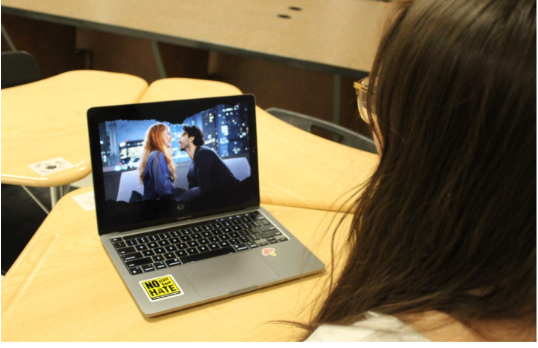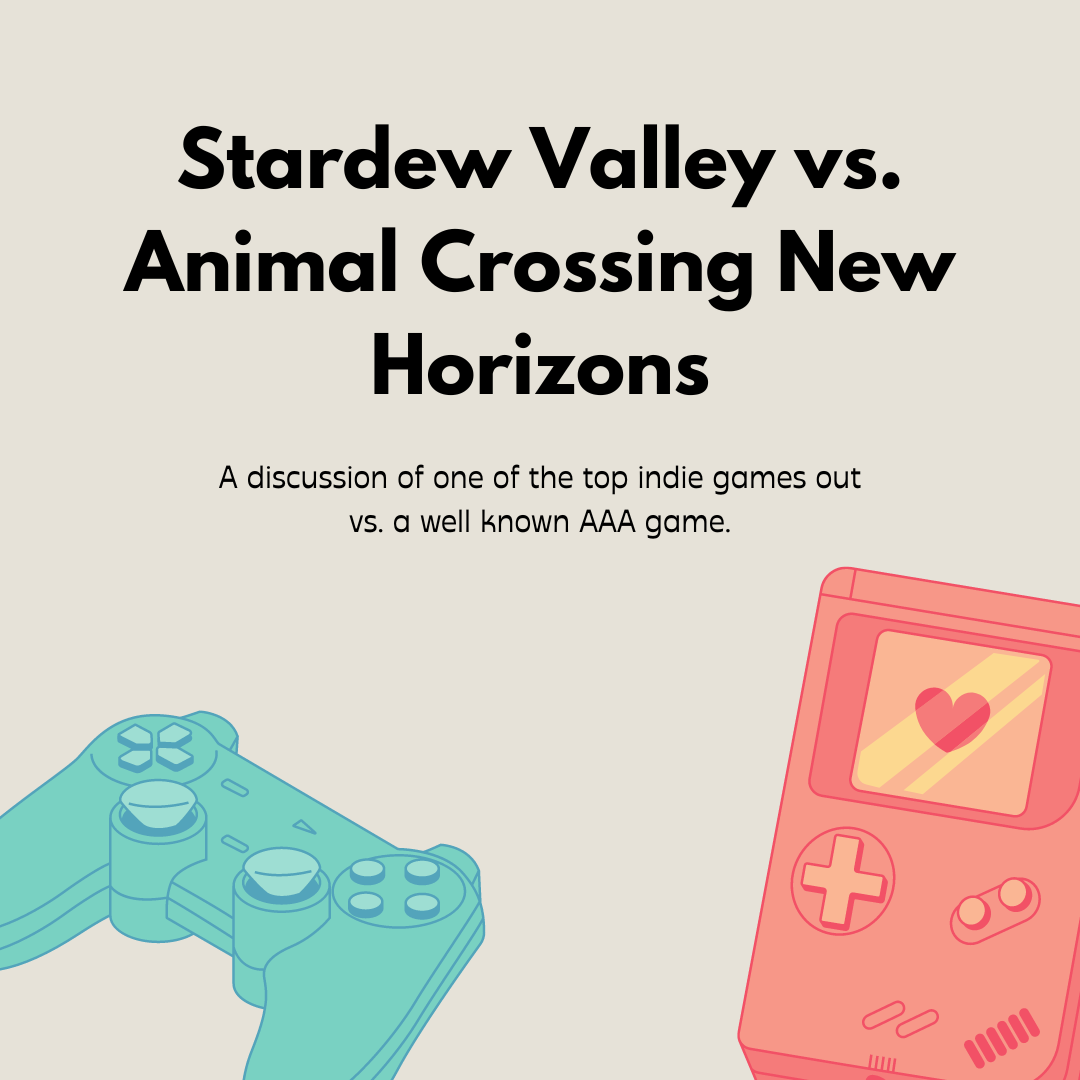American rapper Boosie Badazz plans to sue Rod Wave for emotional damage, saying the young Florida rapper sampled his music without permission.
Rod Wave recently released his new song, “Long Journey,” which samples Boosie Badazz’s 2010 track of the same name, however, he had not asked for permission before sampling.
One of the laws of music sampling is that you cannot take a sample from a recording that you do not own without asking for permission. This is because of music copyright law and it can result in many legal repercussions as well as your music being taken down.
After the release of Rod Wave’s song, Boosie took to Instagram that he wanted credit for his music being sampled and that he wasn’t afraid to take legal action. Boosie said he asked Rod for $200,000 and a 25 percent share of the publishing of “Long Journey” to resolve their dispute, but Rod turned him down. Boosie plans to file a lawsuit against Rod after the two couldn’t resolve the matter.
Boosie explains, “I don’t own the song fully, I own a percentage of it. I still have publishing in it and writer’s credits. So, I guess when he found out that, he don’t want to give me nothing. We going to court. Nobody contacted me. Nobody gave me my publishing. Nobody gave me my writer’s credit. How you clear it, when you ain’t clear it with me?” Boosie went on to talk about the lawsuit and said, “Now, when the suit come, you gon’ pay me for emotional damages, Instagram, everything.”
The hip-hop genre is inextricably linked to its past, and generally speaking, it’s not a bad thing. Most well-known producers of rap sample older music and are celebrated for creating something new while still adding in elements from the past.
The case with Rod Wave and Boosie, though, is that Rod was unable to meet the legal requirements, to ask for permission first and then purchase the sample or agree to give a percentage to Boosie, which resulted in a lawsuit coming his way. Boosie is entitled to some credit for the making of Rod Wave’s song and because that credit was not received, it is no surprise that he has decided to take legal action.
This has been the case with many other famous artists such as Jay Z and Timbaland who were sued for “Big Pimpin” because Timbaland didn’t credit Egyptian composer Baligh Hamdi. Nicki Minaj had a copyright infringement suit filed against her by Tracy Chapman for the unreleased song “Sorry” which sampled Chapman’s “Baby Can I Hold You”. Minaj did not release the song but it still managed to surface online and was played by multiple radio stations as well.
Artists sample music without asking permission or giving credit extremely often which results in up to multi-million-dollar lawsuits, such as the $10 million lawsuit Mac Miller settled to Lord Finesse for the song “Kool-Aid & Frozen Pizza,” The harsh reality of this is that it will not be changing anytime soon if artists like Rod Wave continue to sample music without receiving permission.
Hip-hop is known for reinventing parts of both uncommon and famous songs, yet, when this process isn’t managed properly, negative consequences may arise such as lawsuits, financial penalties, and the removal of the copyrighted content.

